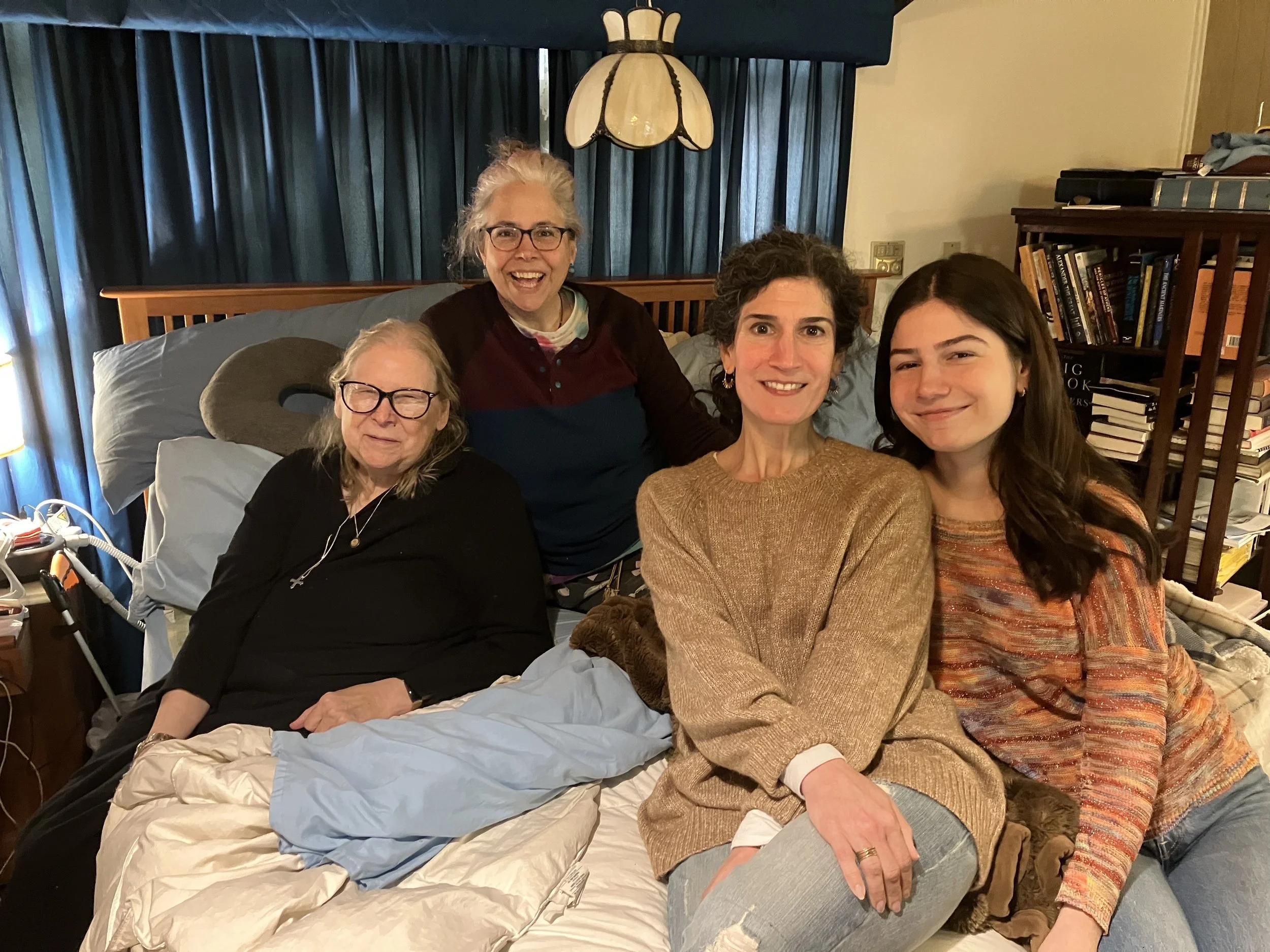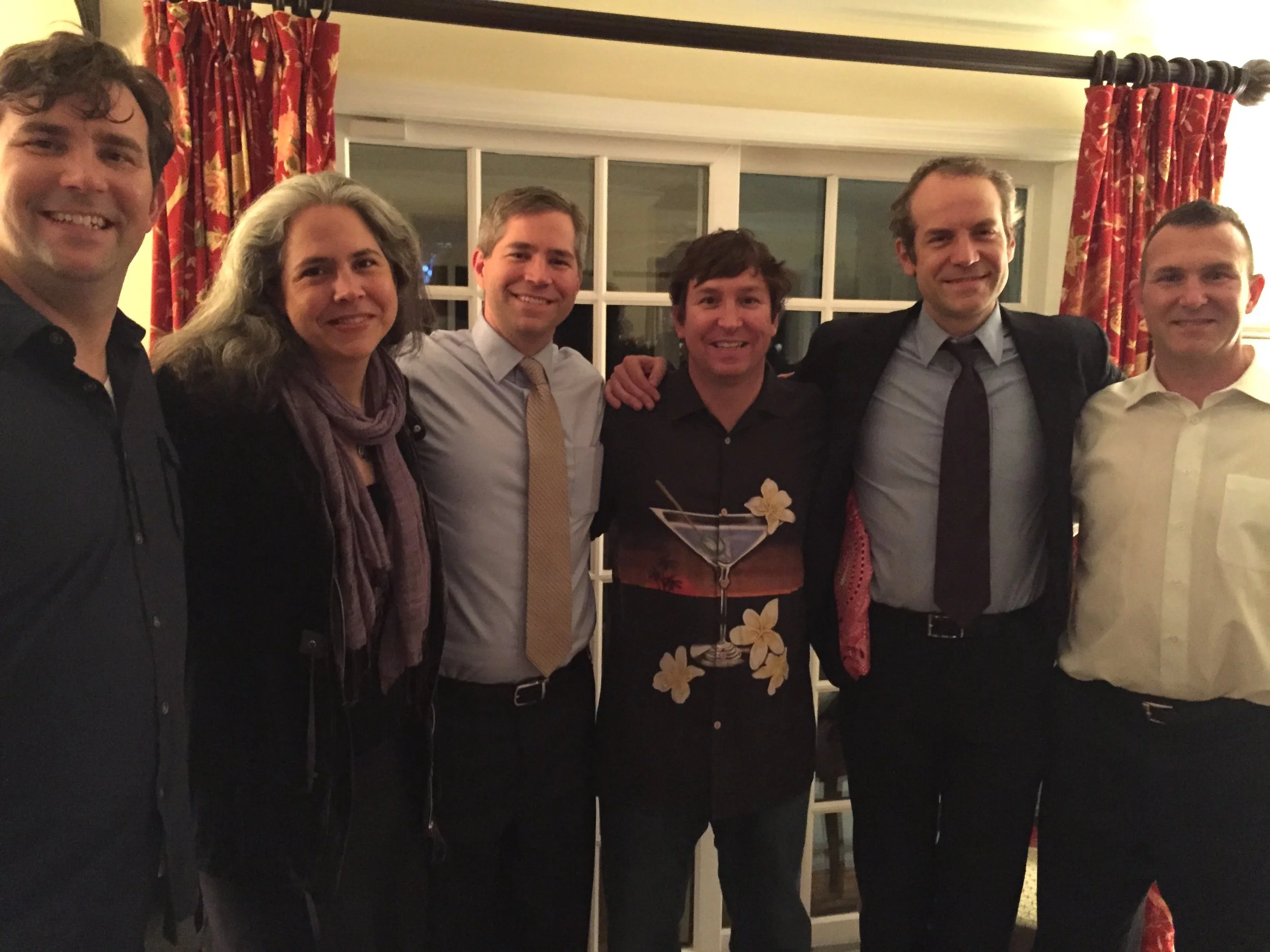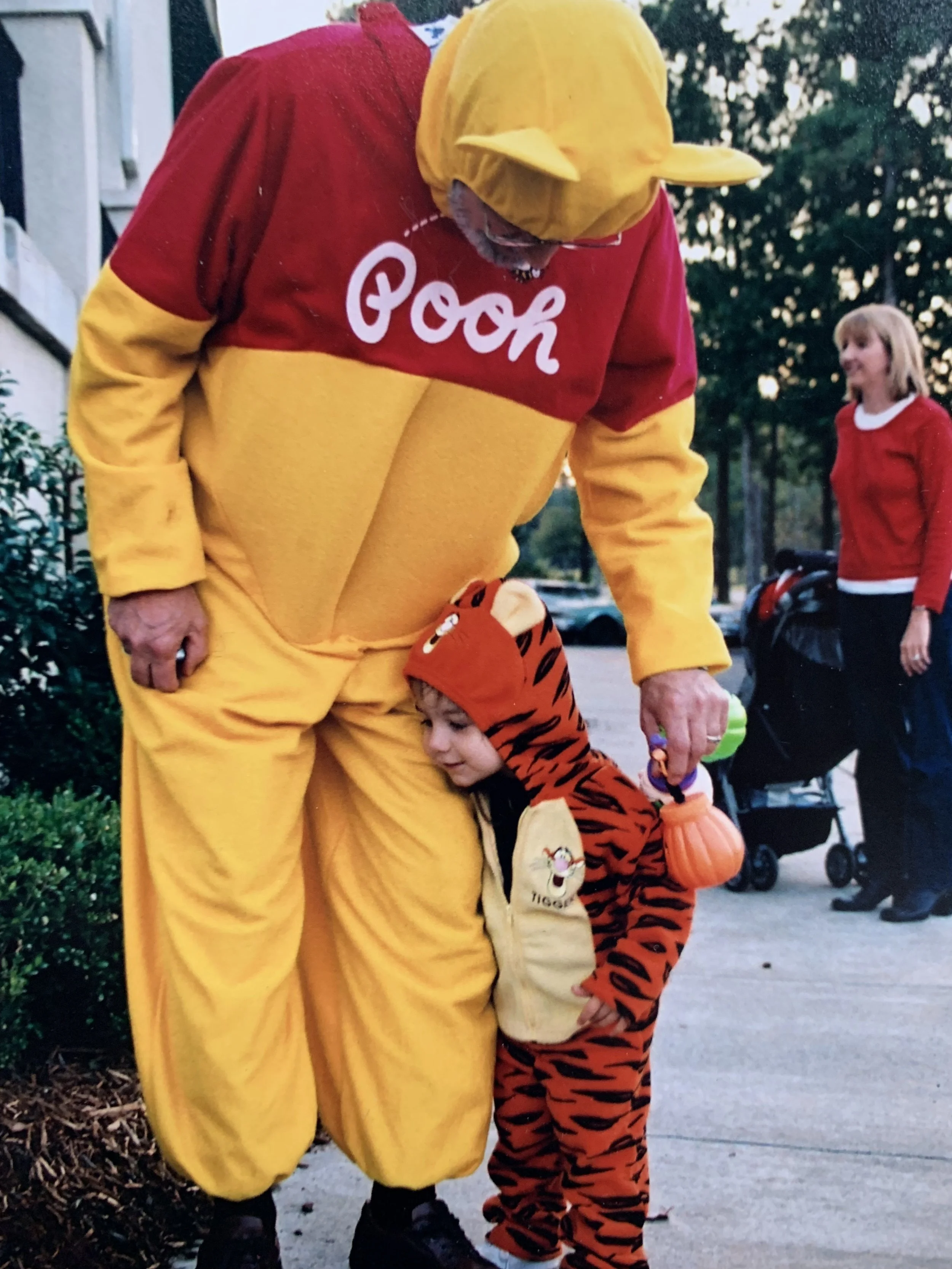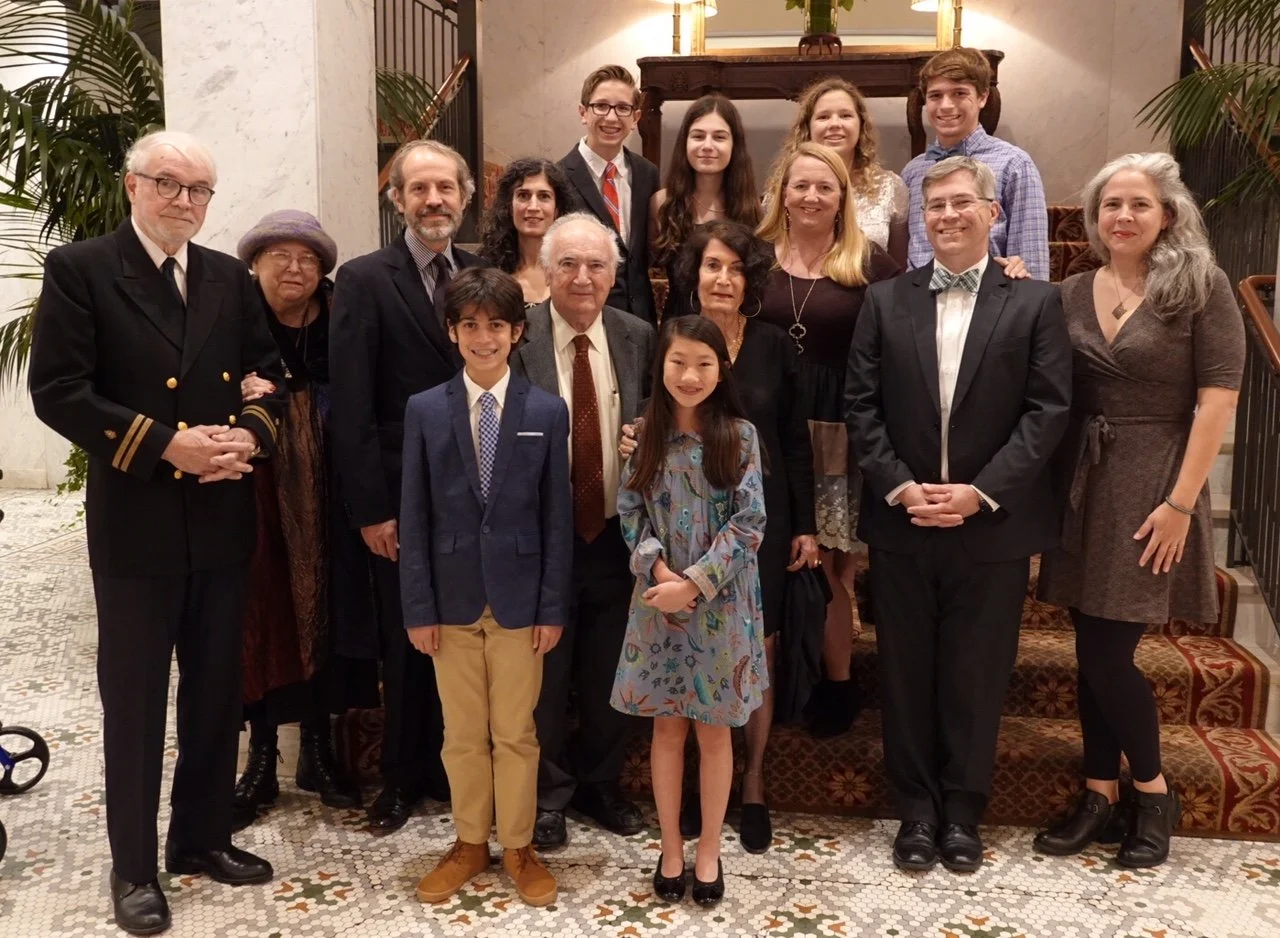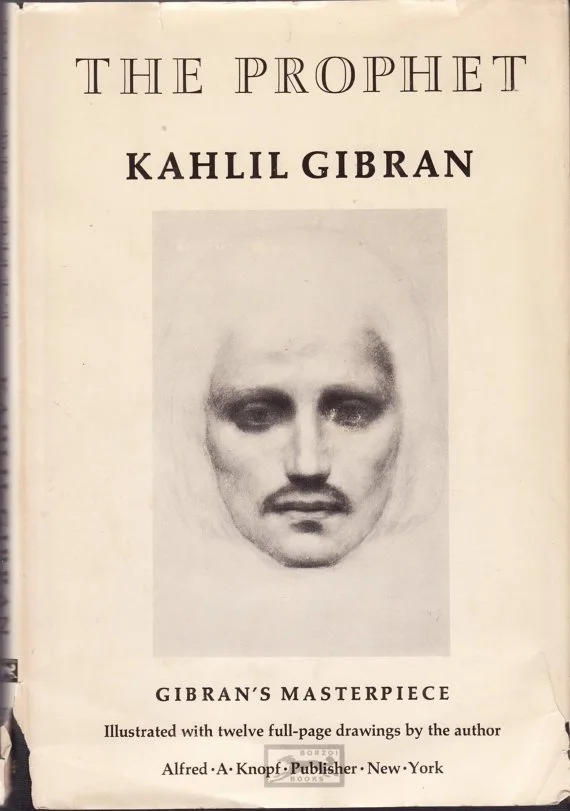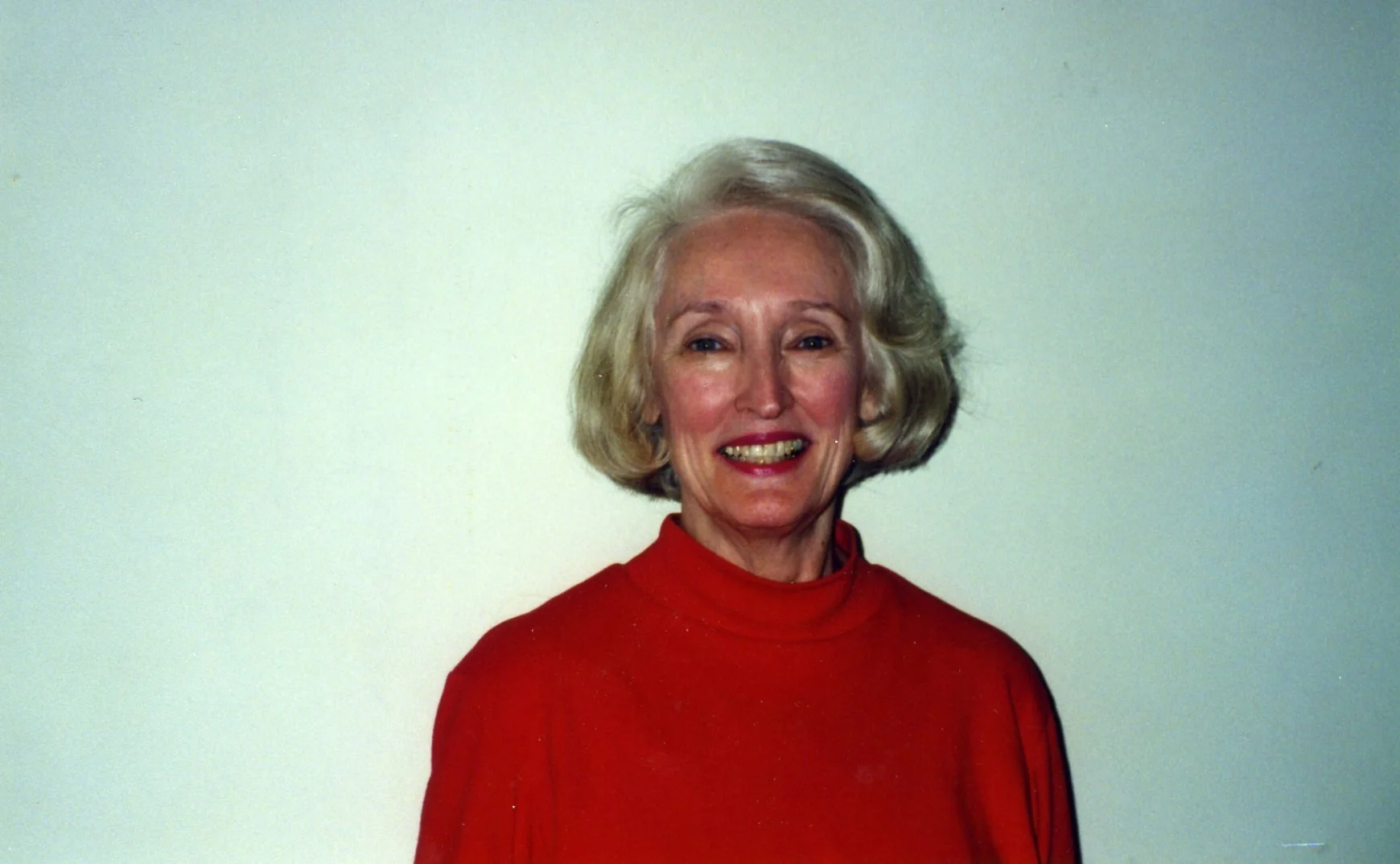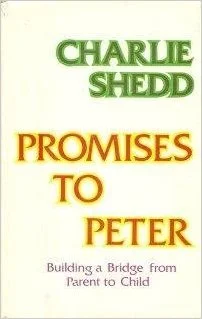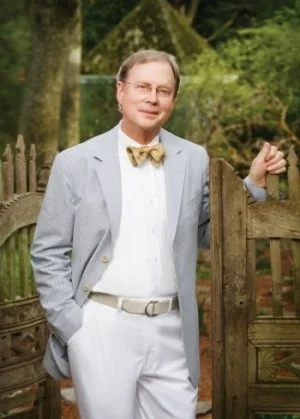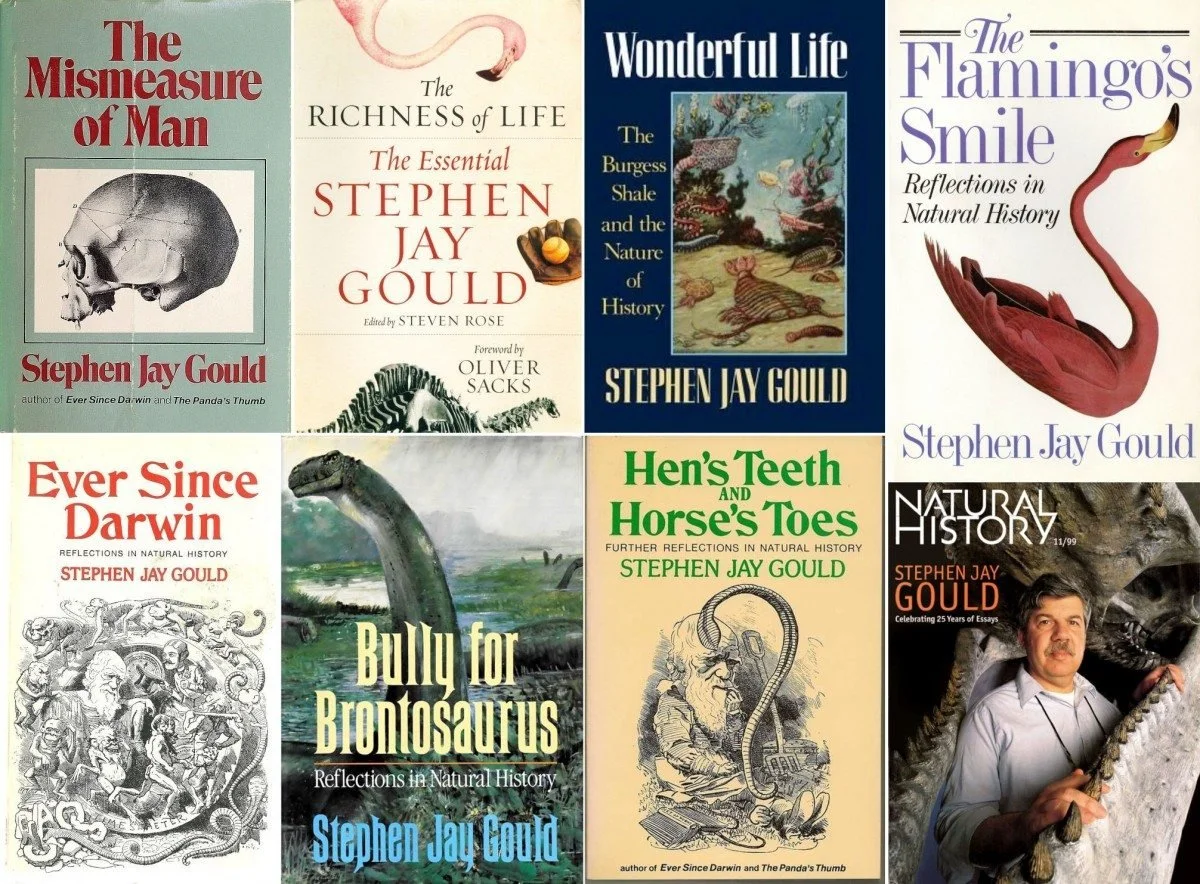Bishop Charleston on Overcoming Fear with Joy, Humor and Being with Friends and Children
"I have an assignment for you this weekend: don't be afraid. Wait, before you roll your eyes, hear me out. I am not talking about some greeting card spirituality, where you just put on a happy face and pretend nothing bad is happening around you. I am talking about taking some time over the next three days to seriously confront fear in your life and feel its power over you diminish. How?
Like most spiritual healing, it seems deceptively simple. First, find a quiet moment when you won't be disturbed. Then, sit upright in a comfortable position. Close your eyes, open your hands, and breathe in and out with an awareness of each breath. Sit quietly. Don't pray at this time. Open your heart to the Spirit and experience the presence of a sacred spirit in your life. Abide in it. Let it permeate your whole body, as if you were being bathed in light.
Join me in doing this for ten minutes at least once a day over the next three days. Join me in the fight against fear: become a receiver of light."—Bishop Steven Charleston's Facebook Page.
Bishop Charleston writes often about fear. He remembers how fear loomed over us like a suffocating cloud during the pandemic and now during political unrest. Fear has a smell, an odor, a way of speaking, a walk, a glance, a posture. Fear lies, getting "bottomless" Pinocchio's Factchecks from The Washington Post.
Fear wakes us up in the night. Fear keeps us from saying our prayers because we do whatever we can to confront and overcome it. We can try to hide it, avoid it, or put it in the closet of our mind and body, but it sneaks through a keyhole when we are not looking.
Fear comes without invitation. It is a bully, pushing its way through the happiness of our days to stand front and center, shouting with an outside voice so we cannot hear the preciousness of our days. Fear also knows how to whisper so softly we do not recognize its presence.
cousins
Charleston gives fear one more attribute I was not aware of. He says fear is a coward that shrinks like the wicked witch in The Wizard of Oz when water is poured on her when fear hears joy and laughter. Bishop Charleston says, "Laughter is to fear what garlic is to a vampire. It chases away fear by revealing the depth of life, its vibrancy, and the numerous possibilities that make our worst fears seem unlikely. Humor and hope drain worry and anxiety of all their power, leaving them sulking in a corner while joy walks in through the front door."
So, Bishop Charleston tells us to think of the funniest thing we have experienced when fear sneaks in. My experience is that laughter often comes from something humorous that I have read in a story, seen in a movie or television series, or experienced in my own life.
As I remember playing with my children and grandchildren when they were small, I came upon another answer. Being with children is an automatic laughter-inducing event. We couldn't be with them during the pandemic or after they went away to school, but we could have videos, FaceTime, and even Zoom calls with them. Just the sound of their voice can make a difference. Children make us do funny things, like sitting on the floor, creating silly faces, or speaking an ancient language. If this is not possible, surround yourself with friends who bring laughter to your life or spend time outdoors in the sunshine.
tiger and pooh
Of course, there are so many other ways to deal with fear, but for today, we will try this one until fear is reduced to a manageable level.
Joanna https://www.joannaseibert.com/
